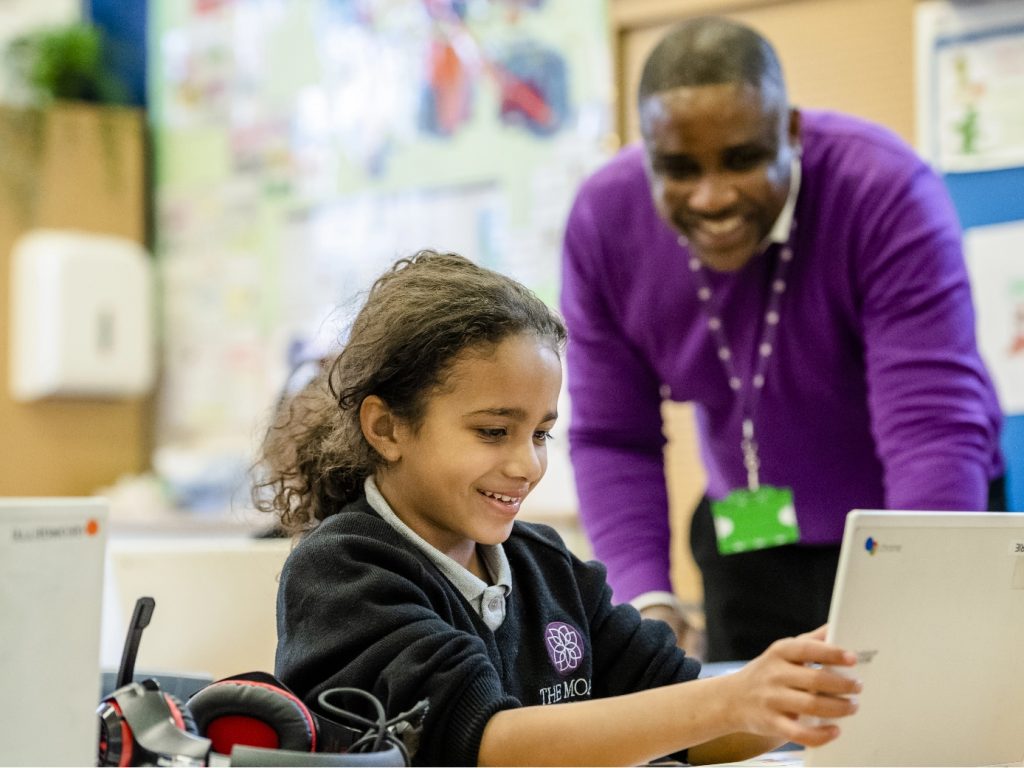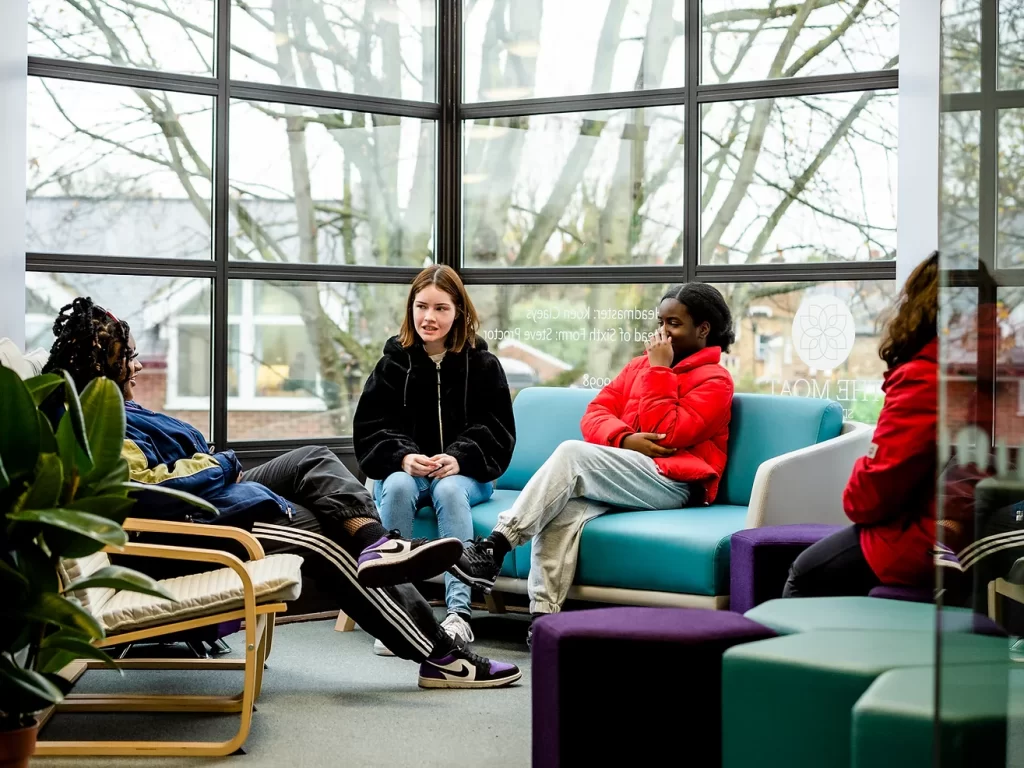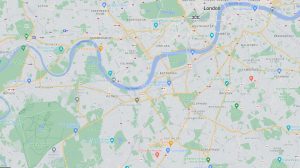Hi All,
It’s National Child Exploitation Awareness Day today so I thought I would share a couple of facts about the links between speech and language difficulties and the potential for child exploitation.
Children and young adults who experience communication difficulties experience a wide range of issues that can affect interactions throughout their lives, and in some cases can lead to early years and childhood exploitation.
1. Understanding what is being said to them = not being able to access complex vocabulary, which could lead to admitting to things they didn’t do.
2. Remembering and recalling events = not being able to report potentially dangerous or illegal situations.
3. Explaining what happened in their view = ‘refusing’ to answer questions and being seen as non-compliant, not able to account for their own actions.
4. Knowing how to be socially appropriate = difficulty navigating social relationships and knowing the signs of peer pressure, being ‘easy pickings’ for gangs to recruit for low-level tasks.
Also, did you know that:
Approximately 60% of young offenders have speech, language and communication difficulties, including those involved in county lines (Bryan et al, 2007)
Children and young people who experience abuse and neglect are more likely to have communication difficulties (Sylvestre et al, 2015)
At The Moat School, our speech and language team, work with all our pupils to improve not only their academic skills but also social. The work undertaken with our pupils seeks to consistently address issues such as confidence and self-esteem, speaking and listening, self-awareness, friendship, and social interaction skills.
You can learn more and find out ways to help here and always get in touch with the Speech and Language department if you have any concerns or questions.



